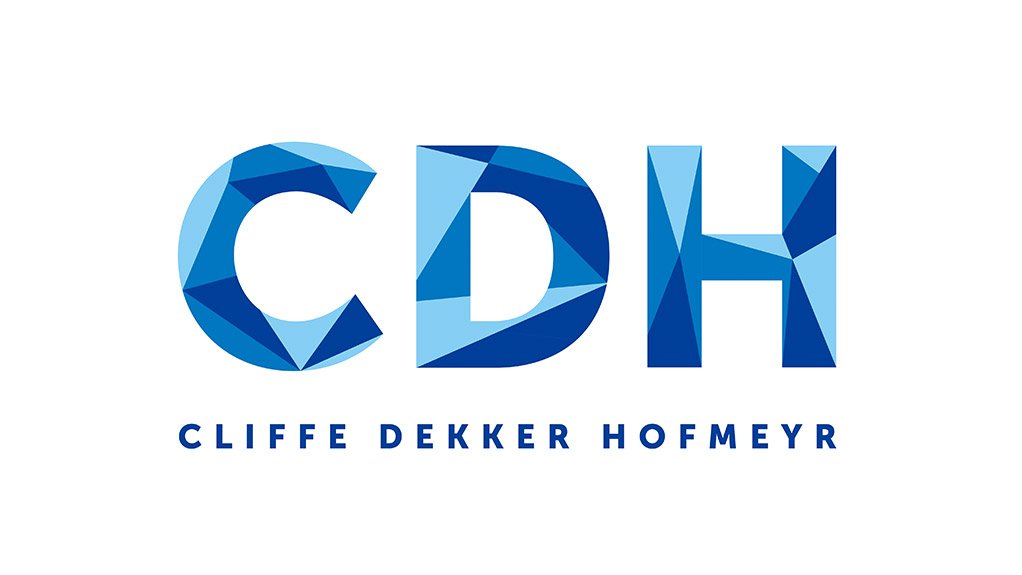As South Africa adapts to its "new normal" post Covid-19, many directors are faced with the daunting task of turning around their companies' fortunes whilst contending with the current economic challenges. The post-pandemic economic recovery has been extremely slow owing to the rise in interest rates, inflation, and fuel prices. Directors who choose to bury their heads in the sand or rest on their laurels amid the storm, will most likely not survive the current economic climate and may face personal liability.
The inability to pay some creditors as and when they fall due should alert a board of directors that financial distress is potentially around the corner and that active steps need to be taken to minimise the risk of insolvency and trading recklessly. Often directors opt to continue trading without considering their duties and potential liability. The common approach is to turn a blind eye and to operate as 'business as usual' in the hopes that tough times will pass. A company's misfortune is often further compounded because the correct steps are not taken by the board of directors at the onset of the first signs or symptoms of financial distress. This inaction may give rise to the directors being held personally liable for knowingly carrying on the business of the company recklessly or with the intent to defraud creditors or other stakeholders. This liability is found in section 77 of the Companies Act 71 of 2008 ("Companies Act") and directors need to be mindful of this liability at all times.
It is no secret that time is of the essence when trying to prevent a company from becoming insolvent. More often than not, business rescue fails purely because intervention and restructuring are only sought when it is far too late and the task of turning operations around is insurmountable. The sooner directors act and consult with attorneys for legal advice or restructuring experts, the better the opportunity to rescue the company. It's of no help that you try and stop the snowball when its already cascaded into an avalanche impossible to stop.
Business rescue as a process in itself proves to be effective, provided that it is sought early enough. Section 129(7) of the Companies Act also places an onerous obligation on directors to either adopt a resolution to commence with business rescue proceedings, alternatively, deliver a written notice to each of its creditors, employees, trade unions and shareholders, setting out, inter alia, its reasons for not voluntarily commencing business rescue proceedings, if the board determines that a business is in fact in financial distress.
Transparency in reporting on the financial circumstances of a company is an essential element to effectively manage and address problems in the company structure and for directors to avoid personal liability for ignoring the impending doom by sitting idle and doing nothing. Timeously engaging with professionals provides for the best opportunity to avoid the alarms bells.
Lenders and affected persons are much more willing to engage with companies who recognise when they require assistance. This is key when considering that trust and confidence in a company's leadership/management is essential to a company's survival, especially in a volatile economy that is still reeling from the pandemic, the war in Eastern Europe and the challenging current economic circumstances.
Directors should certainly navigate the next quarter with proactivity, humility and grit because although pre-Covid trading has resumed, the post Covid-19 economy is less forgiving and may be much more challenging to overcome as lenders are now looking to cash in and recover their loans.
Written by Roxanne Webster in the Dispute Resolution practice at Cliffe Dekker Hofmeyr
EMAIL THIS ARTICLE SAVE THIS ARTICLE ARTICLE ENQUIRY
To subscribe email subscriptions@creamermedia.co.za or click here
To advertise email advertising@creamermedia.co.za or click here











